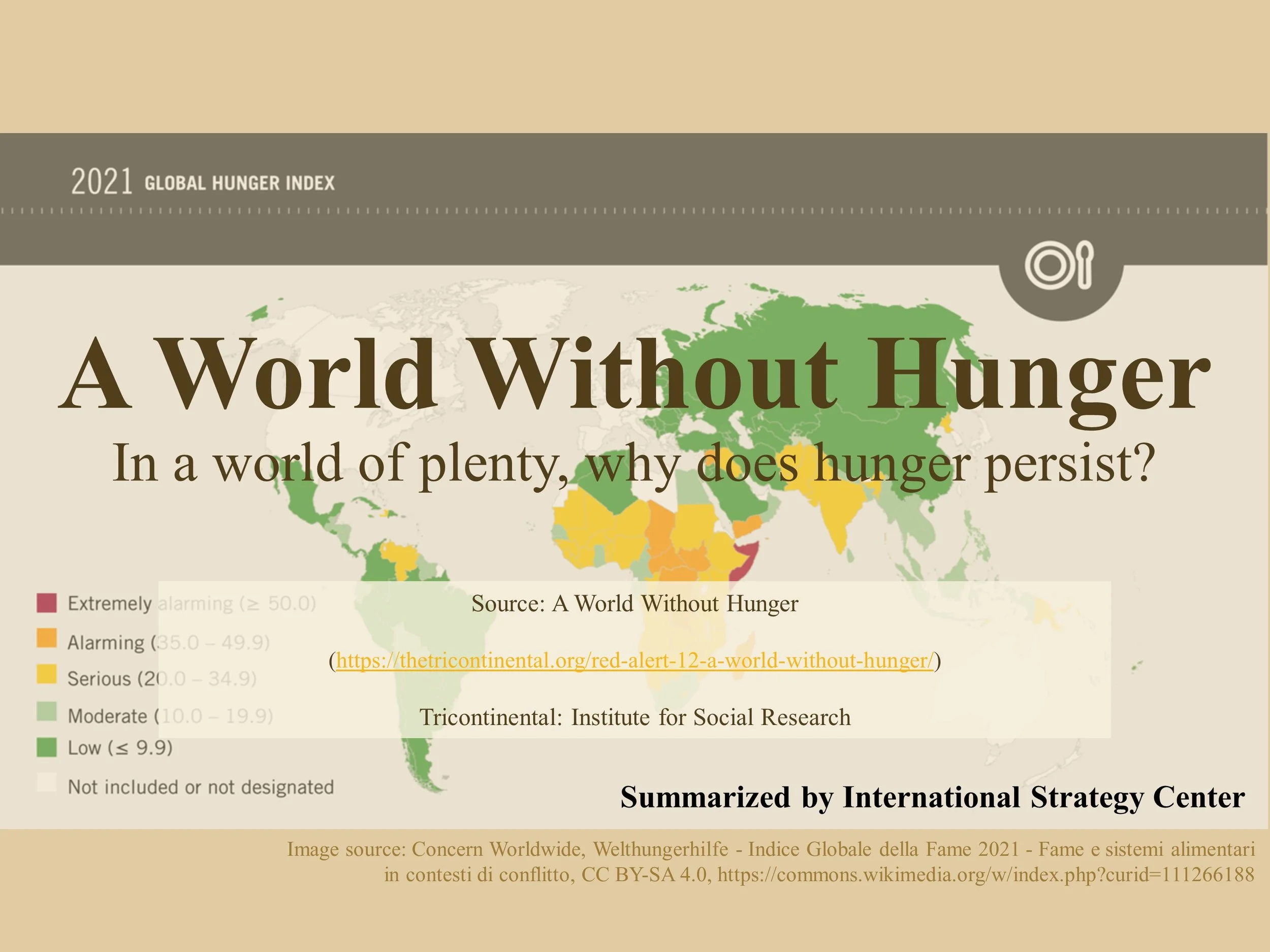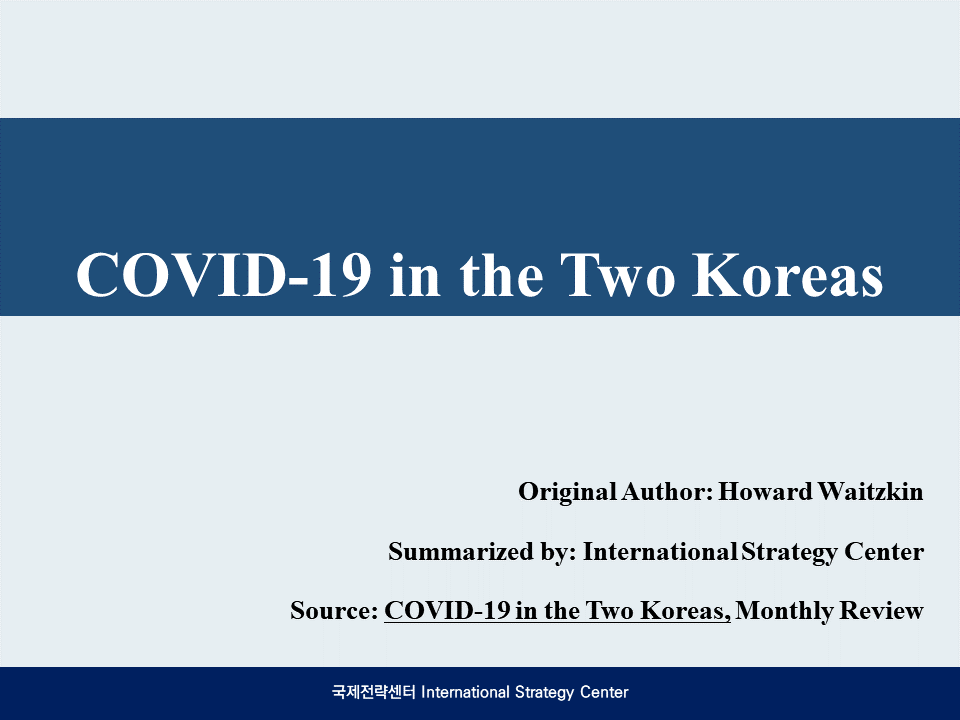Let us examine social housing in Korea. The Korean Social Housing Association was founded in 2015, and has supplied 4,389 (3,316 in Seoul, 883 in Gyeonggi-province) housing units in the Seoul metropolitan area as well as the Jeollabuk-do province, and the city of Busan. With cooperatives, schools, small and medium enterprises and non-profit organizations participating, the Association provides social housing appropriate to Korea’s conditions (revitalizing empty homes, collective housing etc.). However, still in its nascent stage, it is financially dependent on local government funding, thus leading to a very low supply. The current data casts doubt over the future sustainability of the Association, and a new direction of improvement must be sought.
How Dutch social housing reached such a high distribution
The Netherlands’social housing started in the 19th century to solve the housing crisis of urban workers. Through the World Wars, the urban housing shortage worsened, and the government supported the establishment of cooperatives to provide workers with social housing. However, unlike Korean public housing, which is limited to low-income households, Dutch social housing was universal, available to everyone. In addition, the Netherlands’ social housing is operated not by the government but by housing associations (80% non-profit, 20% for-profit). Currently, the Netherlands has 2.25 million units of social housing. And in its capital, Amsterdam, nine housing associations under the Amsterdam Federation of Housing Associations own and operate 190,000 housing units.
Read More




![[December Progressive Forum] How Vaccine Inequity Created Omicron](https://images.squarespace-cdn.com/content/v1/5b027627f2e6b1d4bfbe16c5/1639881176118-RBE7O7R5MHWOIWXMZTQK/12%EC%9B%94%EC%A7%84%EB%B3%B4%ED%8F%AC%EB%9F%BC.jpg)
![[ISC Progressive Forum] Berlin Historic Vote for Housing for All: Referendum Victory to Expropriate and "Socialize" Housing](https://images.squarespace-cdn.com/content/v1/5b027627f2e6b1d4bfbe16c5/1639880736750-R4PDYOZU8V6NIP1EETSS/11%EC%9B%94+%EC%A7%84%EB%B3%B4%ED%8F%AC%EB%9F%BC.jpg)






![[ISC online event] #Let Cuba Live](https://images.squarespace-cdn.com/content/v1/5b027627f2e6b1d4bfbe16c5/1629707109971-0MV3NQ320R5TTKDUJUWX/LetCubalive+%282%29.jpg)




![[Survey Report] UN Comprehensive Sexuality Guidelines and Cases from Abroad: Sexuality Education for a Better World](https://images.squarespace-cdn.com/content/v1/5b027627f2e6b1d4bfbe16c5/1606631357871-31MRQYMUR35KIFATK8G0/image01.png)
![[Contents Team] Lecture on 2020 Feminist Debates in Korea](https://images.squarespace-cdn.com/content/v1/5b027627f2e6b1d4bfbe16c5/1601950630271-DMN8QA1RILHX8ORXLT96/1.jpg)